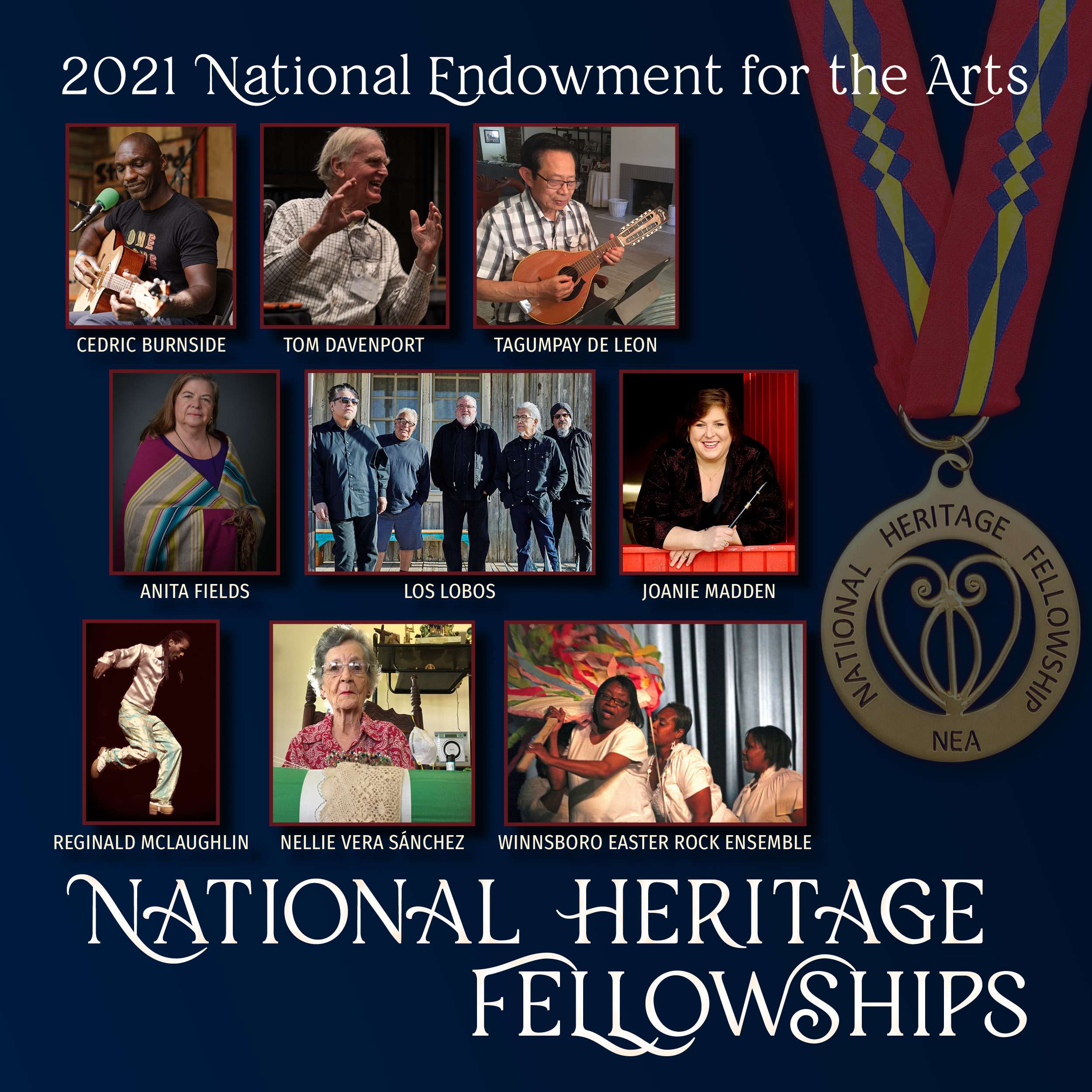Sneak Peek: Kaitlyn Greenidge podcast
Jo Reed: Well, your book Libertiealso speaks to the continuing trauma of slavery which we see in characters like Ben Daisy, who had escaped from enslavement, but had been so damaged by it, he just doesn't recover. And your book deals with that trauma and how it lasts, not just through a person's emotional life, but intergenerationally.
Kaitlyn Greenidge: Yes, exactly. You know, I worked for many years in black history museums. That's where I first heard this story that Libertie is based on. I worked for many years in black history museums, particularly ones dedicated to black abolitionists, and I was so struck by, within those sort of stories of triumph and incredible bravery and courage, we often didn't talk about the real emotional toll of living through enslavement, and then also the emotional toll of fighting against a structure as whole, dominating, just all-encompassing, as slavery was in the U.S. to-- it was obviously difficult to be a slave, but even to be an active abolitionist took an incredible emotional toll on the black people who did that political work. And so-- and we know that from sort of reading their diaries. You know, I think Sojourner Truth is probably the most famous example. She struggled with alcoholism and alcohol dependency her whole life, understandably, because of the sort of intense traumas that she lived through. But when you would try to include that part of her story-- oftentimes, when I would try to include those parts of the story, when speaking with the public, the response was like, to talk about that is to somehow denigrate that person's memory, or to somehow cheapen the history, to recognize the toll. And to me, that always felt so backwards, because the struggle is part of what makes these stories part of our legacy: that people did have these issues. People did try and reckon with trauma, came up with different coping mechanisms, some of them helpful and sustainable, that we still use today, and some of them not so much, that we still use today. And that is a part of sort of the larger human experience that was slavery. It's not outside of human experience or human understanding. Those things are very, very much a part of humanity.
Nellie Vera
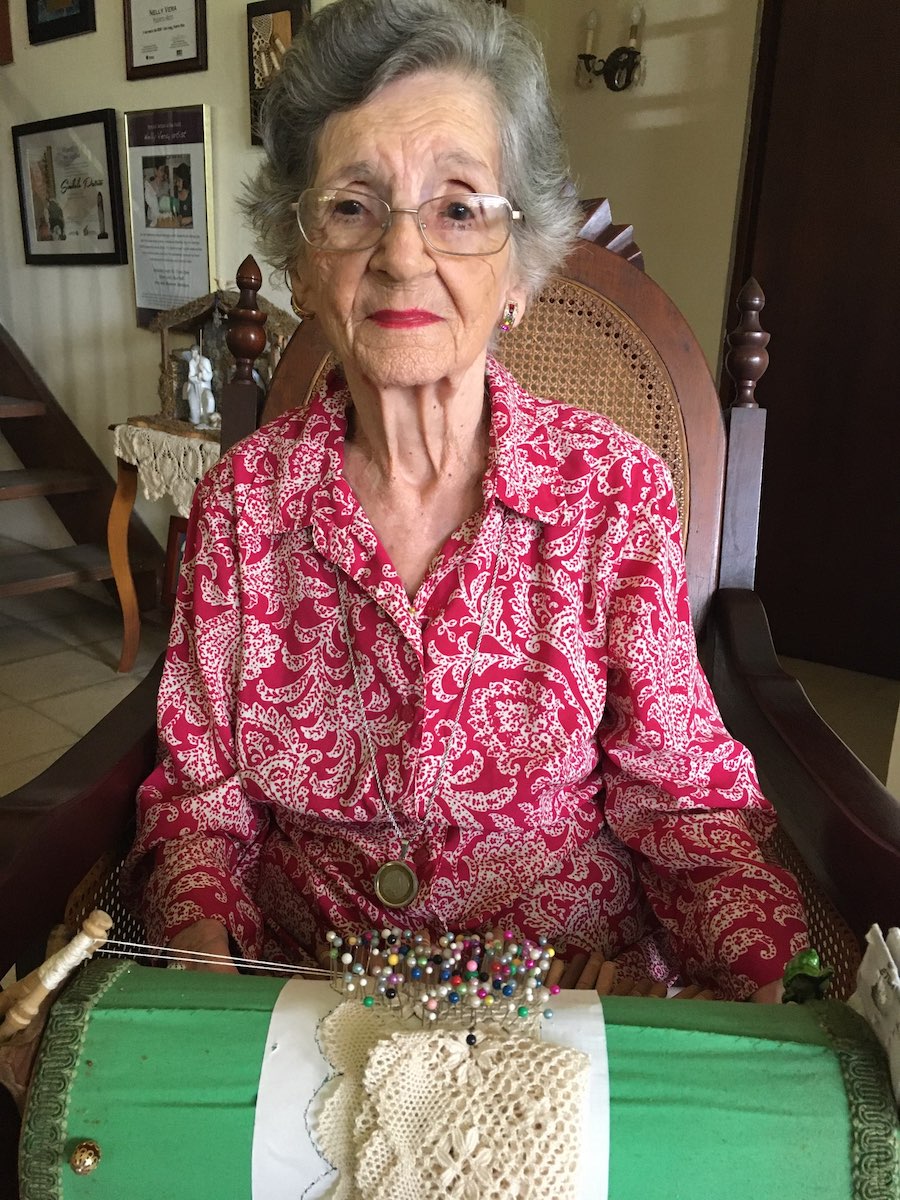
Reginald “Reggio The Hoofer” McLaughlin
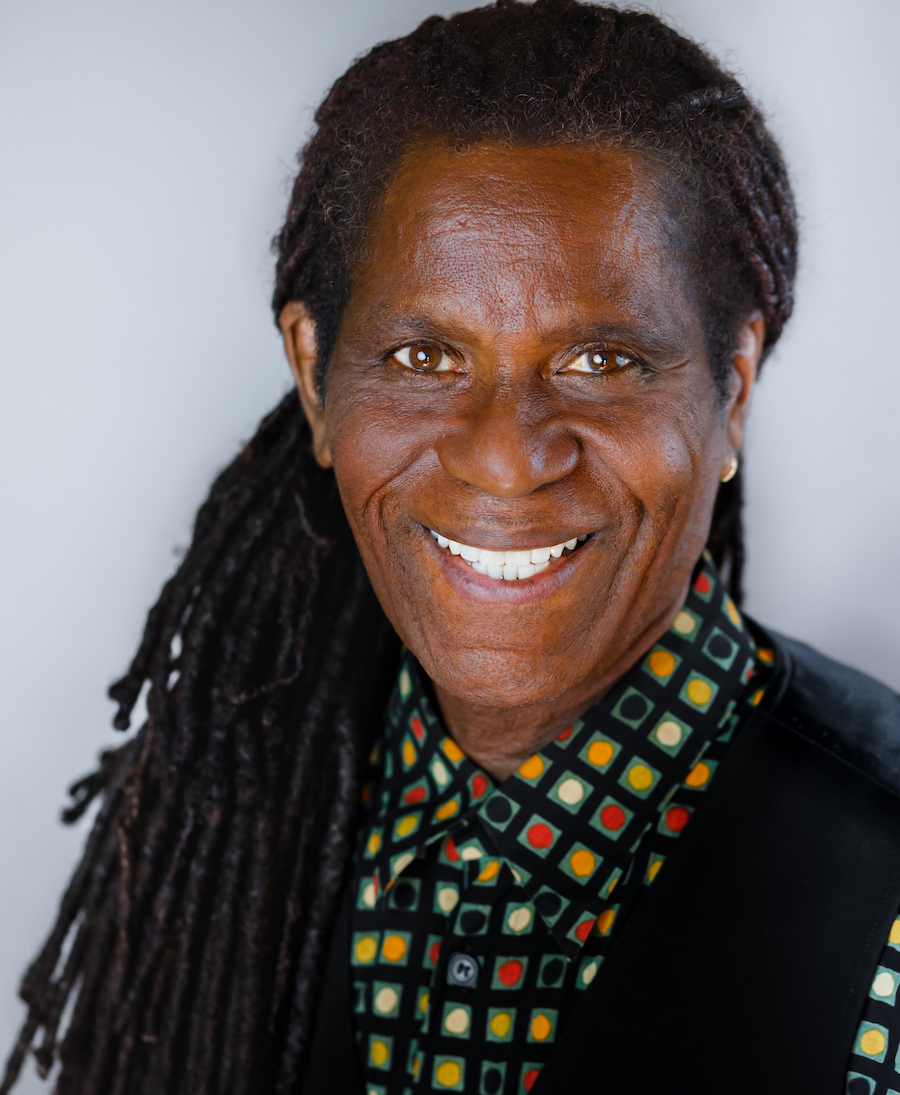
Photo by Sarah E. Larson
Los Lobos
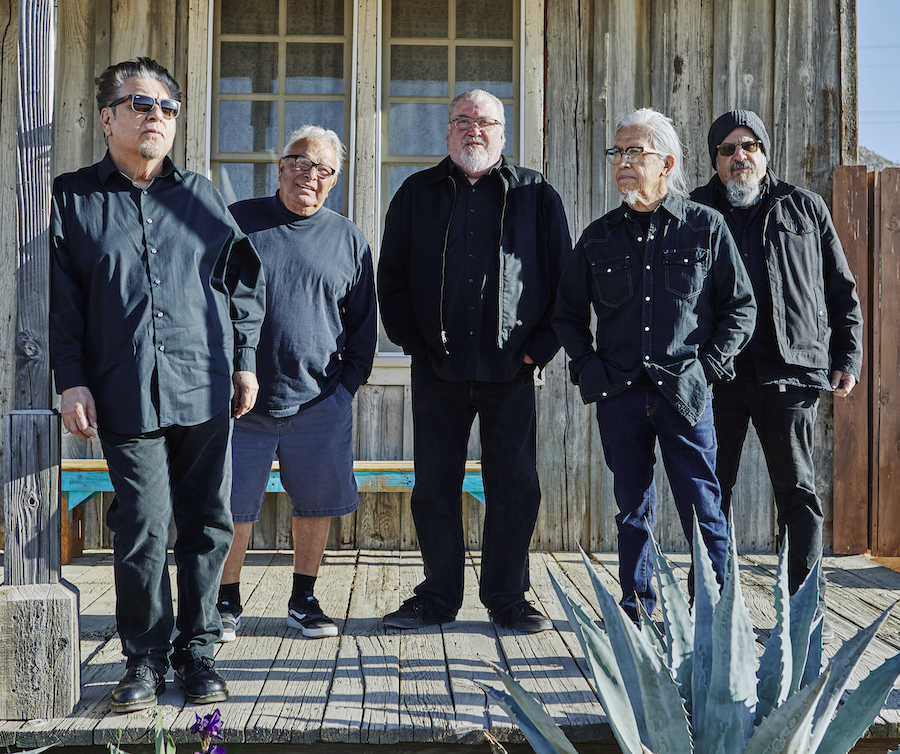
Photo by Piero F. Giunti
Tagumpay Mendoza De Leon

Photo by Steve Walag
Winnsboro Easter Rock Ensemble
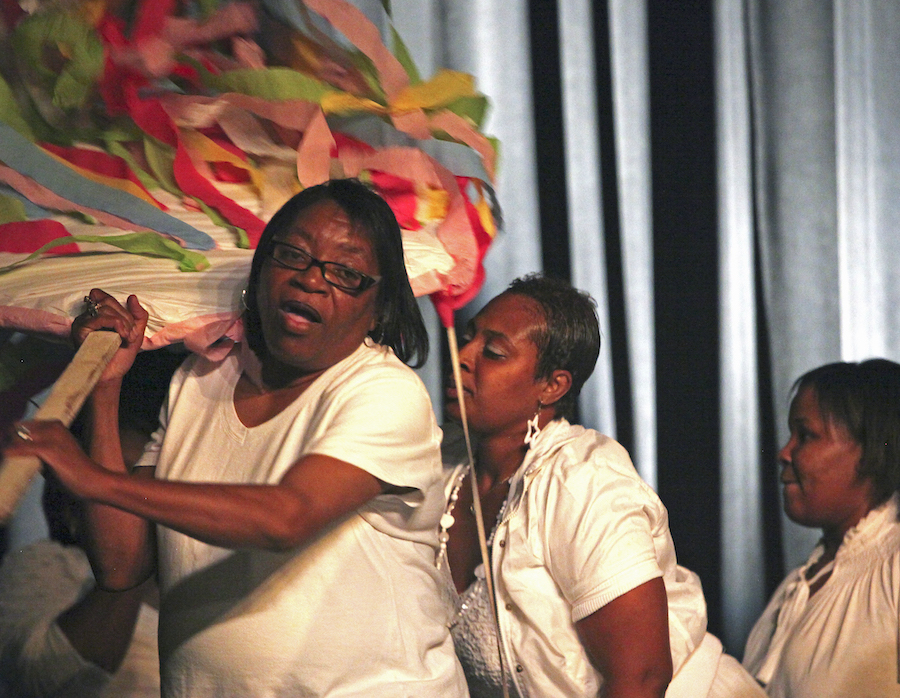
Cedric Burnside
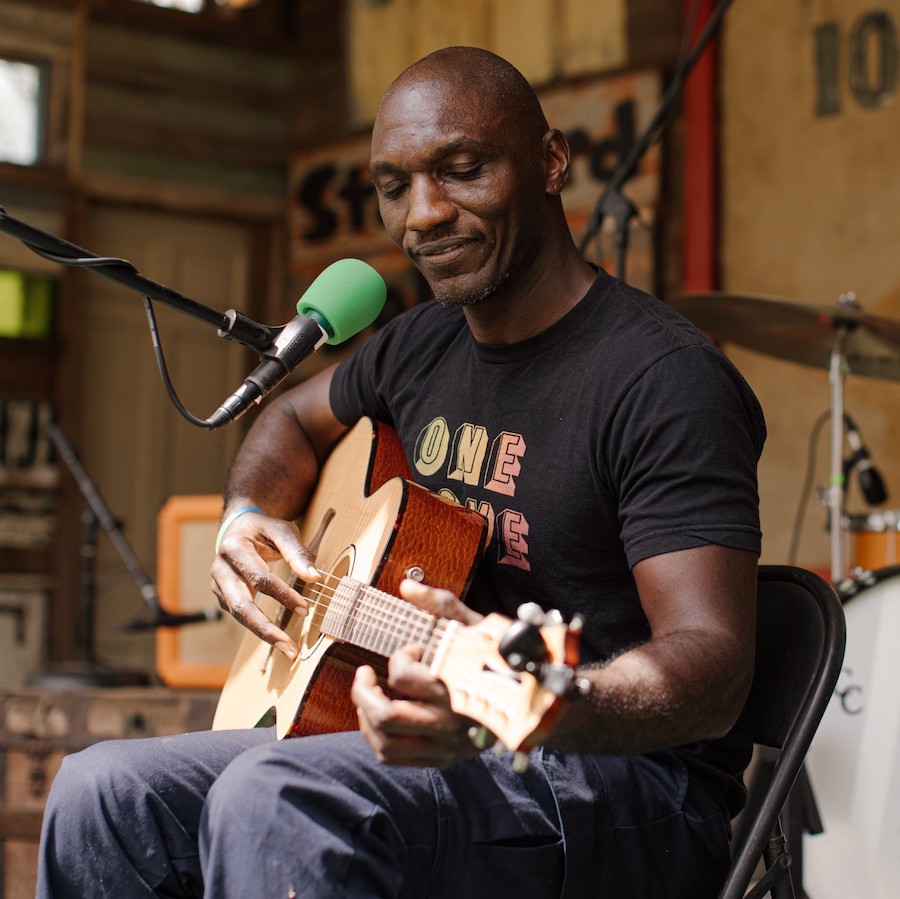
Joanie Madden

National Endowment for the Arts Announces 2021 NEA National Heritage Fellows
